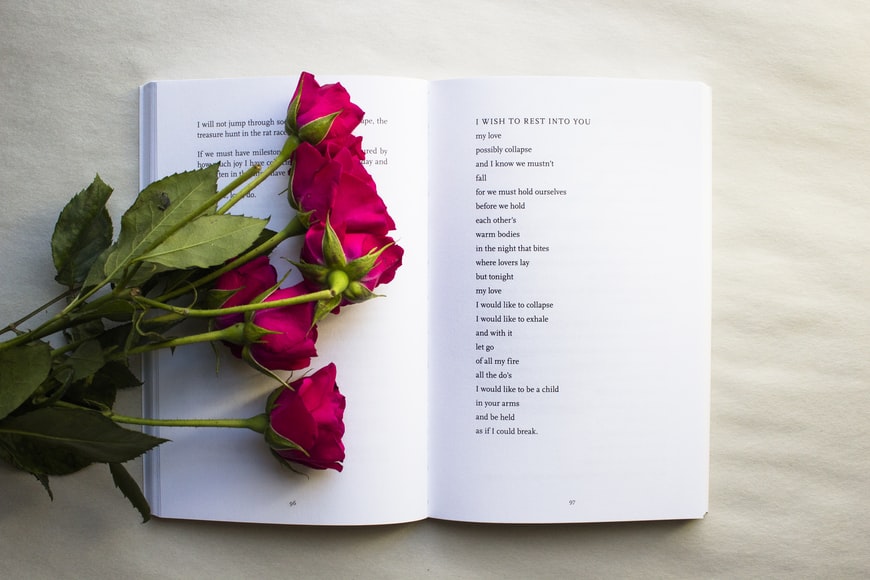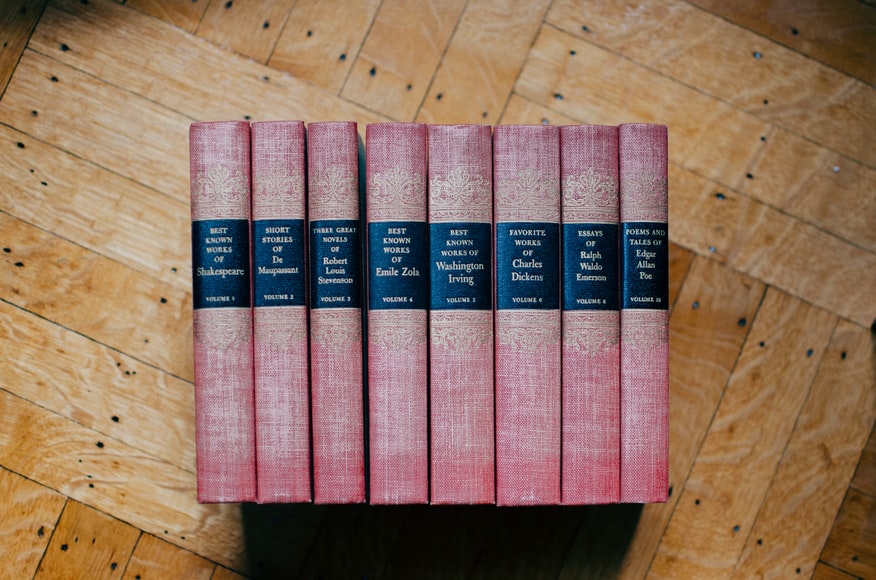Description: English and Psychology tutor Yasmin shares her input on how to tackle unseen poetry analysis and highlights what examiners are looking for.
No Wrong Answers
When we are first faced with an unseen text it can be daunting to figure out what to write. The good thing is that there is no such thing as a wrong analysis or critical interpretation so long as you are able to base your point.
You need strong evidence and the ability to express yourself as clearly as possible. The higher likelihood of which will result by using the structure Point, Evidence and Evaluation.
This structure to a paragraph clearly highlights what you are trying to say. It allows the examiner when marking an exam transcript to easily evaluate whether all assessment objectives have been met. We can say that this is the skeleton of the answer, which we flesh out through our analysis.
Areas of Analysis
In the case of poetry, this analysis could be further divided into 3 distinct yet broad areas of analysis.
Structure, Tone and Technique

Poetry can be very visual. Looking at how the stanzas have been written out on the page we can go into depth as to why is the poem written in free verse? Or following the strict Shakespearean sonnet structure. Three 4 line stanzas and a rhyming couplet. Respectively this could be either a way of portraying the idea of boundlessness or love.
Tone and Reactions
As to tone, this goes hand in hand with the voice of the poem, in that we are trying to ascertain the character of the poem, this can be done by looking introspectively at our emotive reactions to the reading.
The paramount importance of the first read is so because anything that stands out to you must be duly noted. This is because these are your strongest reactions to a particular aspect of the poem.
It will most likely convey the general tone of the poem. It should be the easiest point to make because you as a reader feel the most strongly about them.
By being sensitive to your reaction you will struggle less when it comes to having things to write about. In terms of the voice, we must ask what tense and what pronouns to use. Is it written in the first person and talk about a past experience or is referring to the future?
Literary Devices
The technique is our broadest category, under it lie all the different literary devices used by poets in general. Amongst which are sibilance, metaphor, hyperbole, rhetorical questions and repetition (there are plenty more).
It is all well and good being able to identify them in the poem but it is important not to figure spot. So I reiterate the handy acronym provided earlier: P.E.E. Out of which the second E is the most important to achieve top grades.
So long as you are asking why the poet is using said technique and answering that to the best of your ability, you are securing yourself access to top band marks.
Whatever you can do to make your essay as clear as possible will also help the examiner read it through your perspective and strengthen even weaker essays and points.
By tutor Yasmin. Conact Us

